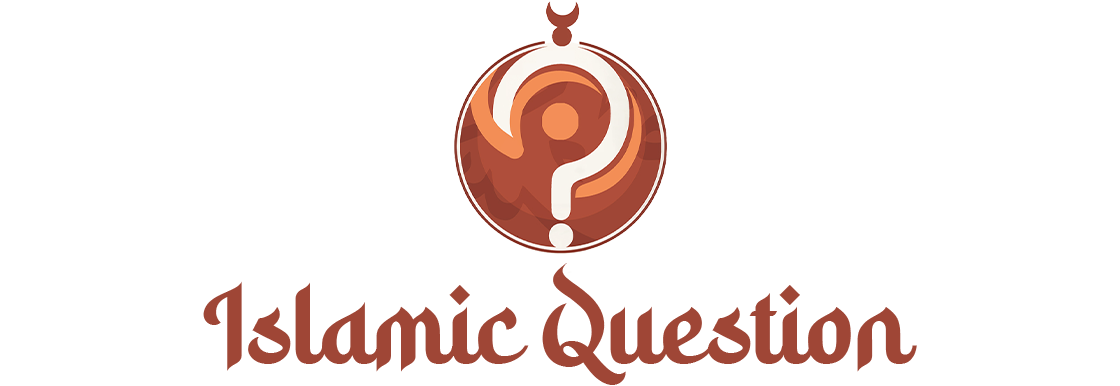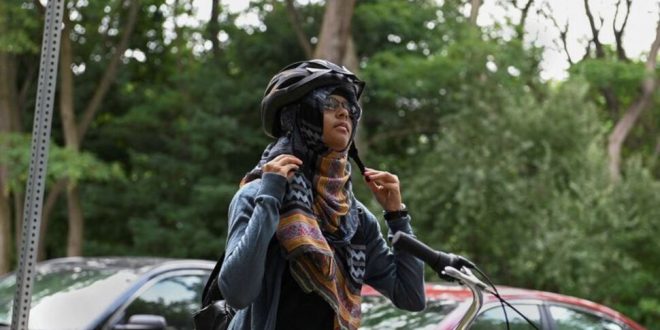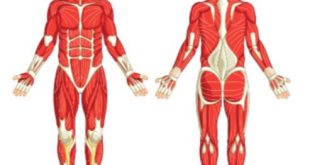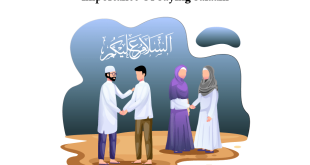TORONTO (Reuters) – For Tagreed Elhassan it’s the feeling of the wind in her face.
Cycling gives her a sense of independence and a way to exercise. She learned the basics growing up in Saudi Arabia and Egypt, and now a program in her new home of Toronto has taught the 24-year-old Eritrean refugee how to steer and basic bike mechanics, giving her the confidence to teach others.
“I learned it here,” she said, sitting in a park in Toronto’s east end. “Small things that grow into something big.”
Hijabs and Helmets aims to provide education and a welcoming environment toward people new to cycling and the city – especially to Muslim women who may come from backgrounds where cycling was not the norm.
The program was created three years ago to meet a community need, said Menna Badawi, a community health worker at Access Alliance Multicultural Health & Community Services and program lead for Hijabs and Helmets.
It gets most of its funding from Maple Leaf Sports and Entertainment, which owns Toronto sports teams including the Maple Leafs ice hockey team and the Raptors basketball team.
The group realized “there was a gap in services for Muslim women in the community … who are interested in cycling and kind of don’t know where to go,” Badawi said.
Badawi, who has been part of an all-women Muslim running club, said she understood the feeling.
“As a Muslim hijabi I did find there was a gap in recreational sports for women who look like me,” she said.
The group serves Toronto’s Taylor Creek area, which has a high proportion of newcomers, Badawi said.
Elhassan said she got involved in the program last year with her sisters. Soon she felt comfortable enough to bike to the supermarket, bags balanced on handlebars.
The deliberate inclusion of hijab-wearing women “means a lot,” Elhassan said. “I felt like, oh, we are recognized.”
(Reporting by Anna Mehler Paperny, Editing by Rosalba O’Brien)
 Discover Anything Unlock the Universe: Discover Anything, Anytime, Anywhere
Discover Anything Unlock the Universe: Discover Anything, Anytime, Anywhere


